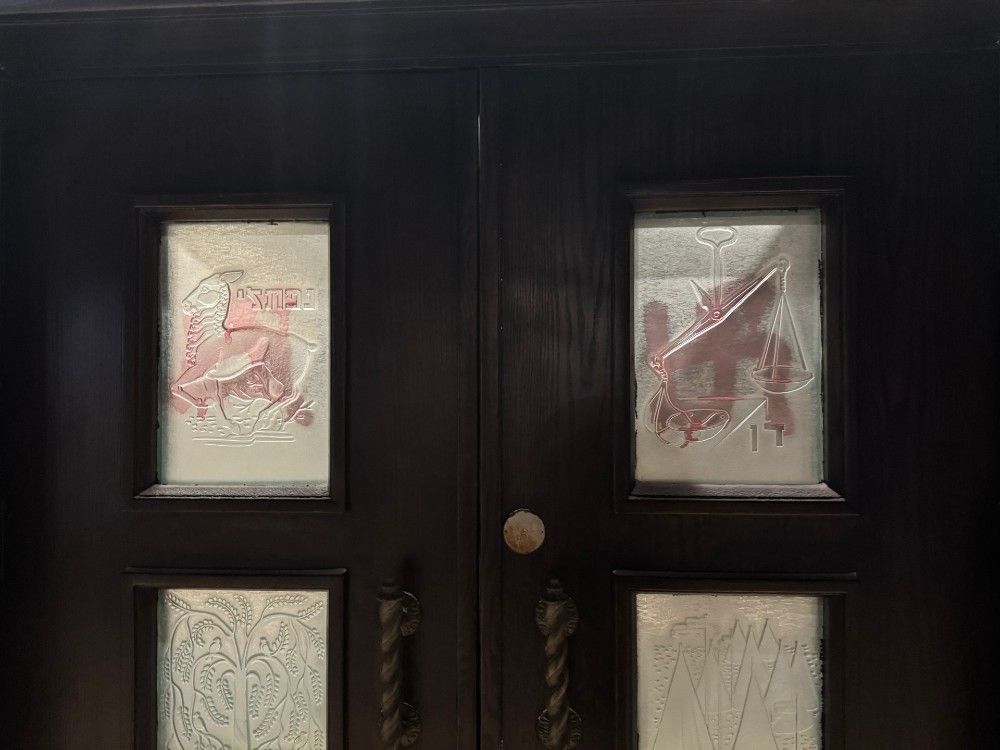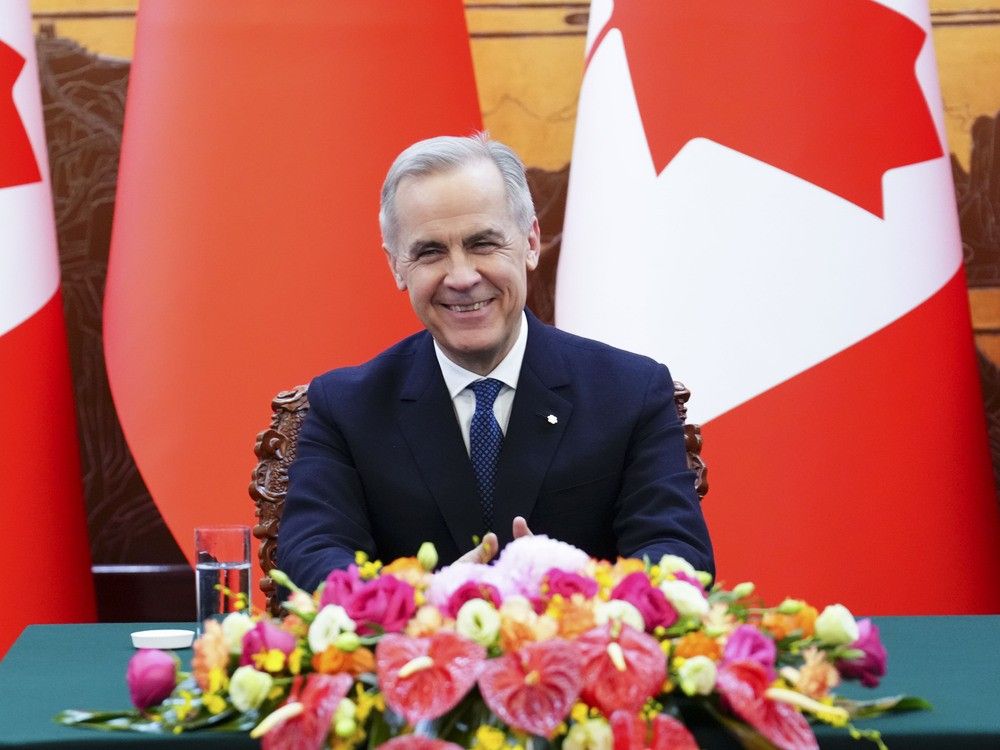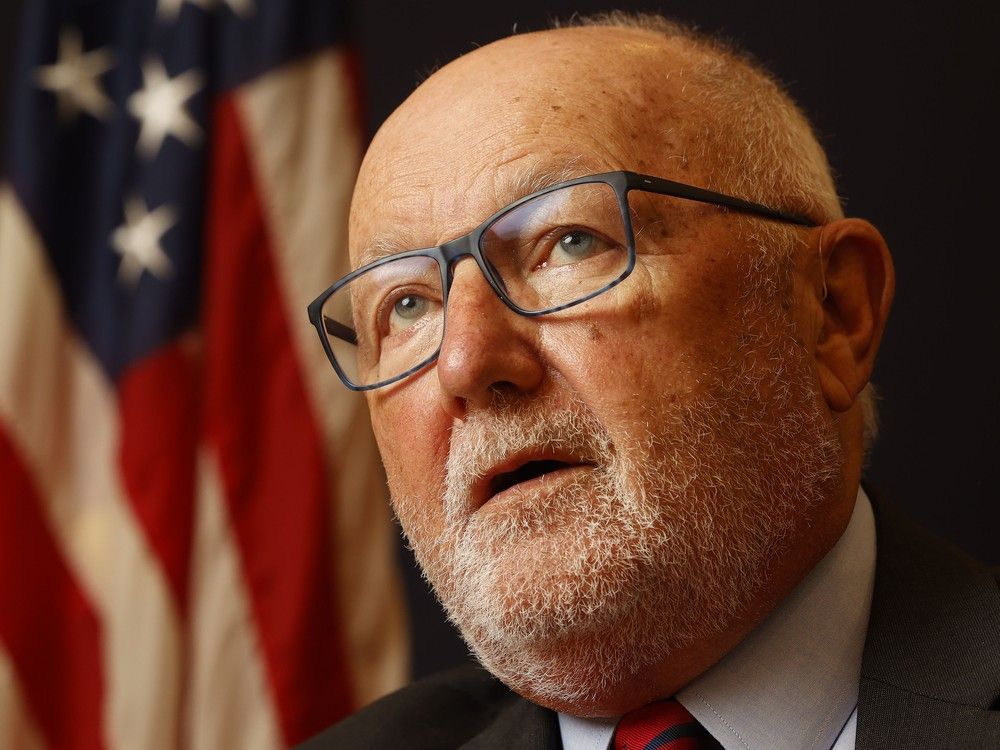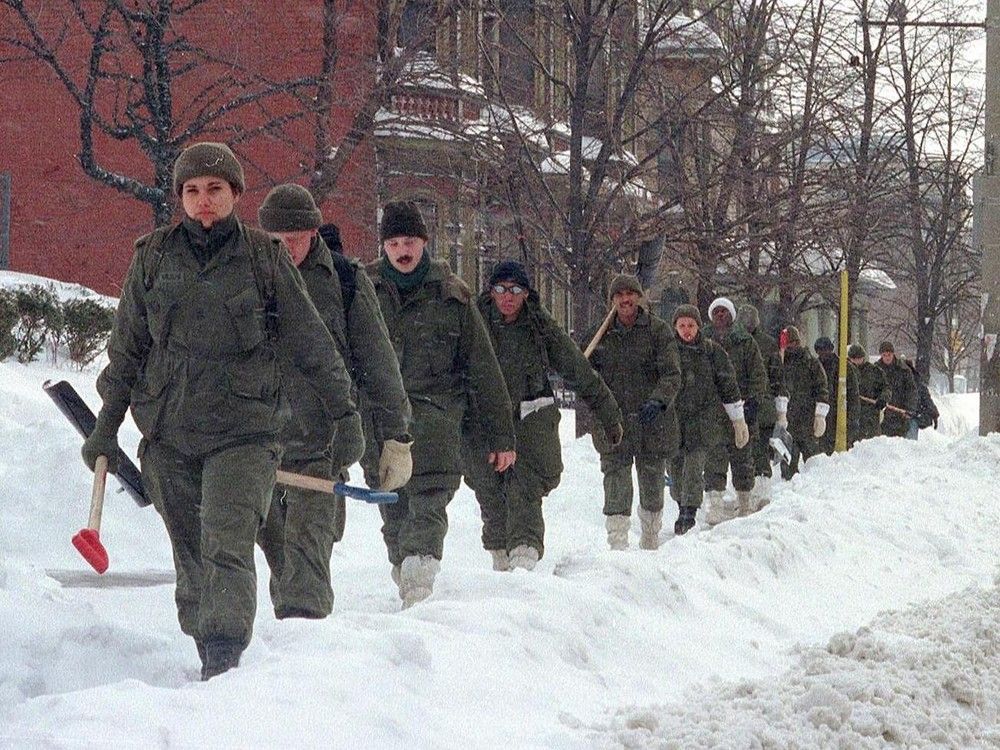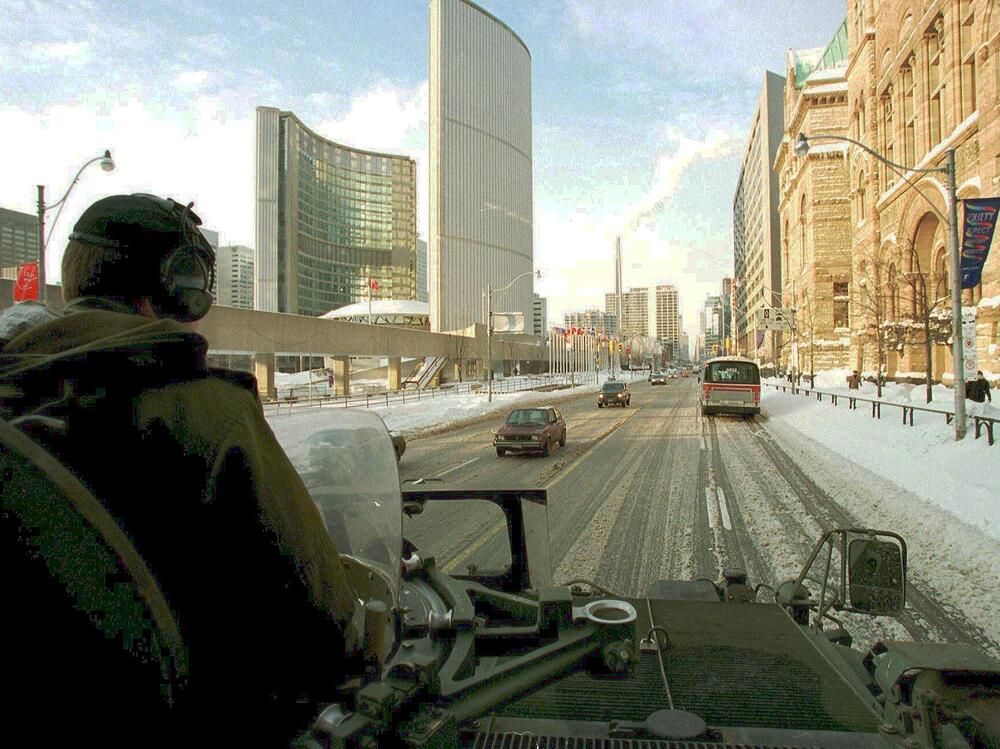
More than a third of Canadians would like citizenship in more than one country, but about the same proportion think someone with dual citizenship is less loyal to Canada, according to a new national public opinion poll.
Among all respondents across Canada, 37 per cent said they would like to be a dual citizen — having citizenship in two countries at the same time — while 47 per cent said they’re not interested and 16 per cent didn’t answer.
Sometimes contradictory and divergent views on the issue of dual citizenship in Canada and the relative value of Canadian citizenship were revealed in the poll, conducted last month by Leger Marketing for the Association for Canadian Studies and provided to Postmedia.
Canada allows citizens to have multiple citizenships while keeping Canadian citizenship, like many countries do, but not all countries grant their citizens the same latitude. China and India, for example do not allow their citizens to retain their citizenship if they become citizens elsewhere. The United States does.
Debate over dual citizenship rose last month in the United States when a Republican senator, Bernie Moreno, introduced a bill to eliminate dual citizenship, declaring “if you want to be an American, it’s all or nothing.” It faces a lengthy legislative process and a public backlash. In Canada, debate is typically reserved for when dual nationals living abroad turn to Canada for expensive help during a global crisis.
Individual interest in having dual citizenship, as expressed by poll respondents, differs by age and by where they live in Canada.
The oldest respondents, those 65 and beyond, were by far the sharpest in rejecting the idea of wanting a second citizenship, with just 22 per cent saying yes and a hefty 65 per cent saying no.
That contrasts with the sentiment of younger cohorts.
In the middle cohort of ages, those between 35 and 44, a majority (51 per cent) said they would like to have dual citizenship; 34 per cent said no. The youngest age group (18 to 24) was split with 43 per cent saying yes and 37 per cent saying no, which was almost identical to those aged 25 to 34. Those 45 to 54 flipped that sentiment around, with 37 per cent saying yes and 44 per cent saying no to dual citizenship, which is almost the same as the remaining age group, those 55 to 64 years old.
“The poll reveals that many Canadians express interest in obtaining dual citizenship, particularly younger Canadians. They see dual citizenship as being about increased mobility, opportunity, and the ability to live, work, or study across borders in an interconnected world,” said Jack Jedwab, president of the Montreal-based Association for Canadian Studies.
A respondent’s region in Canada matters. People in B.C. want dual citizenships the most, and those in Atlantic provinces the least, the poll found.
While 46 per cent of B.C. respondents said they would like to hold more than one citizenship and 34 per cent said they did not, those in Atlantic Canada had different feelings, with only 28 per cent saying they’d like a second citizenship and 59 per cent saying they would not.
Respondents in Alberta and Manitoba/Saskatchewan both had 35 per cent saying having dual citizenships would be preferred, with 50 per cent of Albertans and 46 per cent of those in Manitoba/Saskatchewan (pooled together by the pollsters) saying it would not.
In Ontario, 40 per cent said they would like to be dual citizens compared to 45 per cent saying they would not. In Quebec, the split was 32 per cent in favour of having dual citizenships, and 52 per cent against.
More immigrants than Canada-born respondents were interested in dual citizenships, which makes sense — most of them will have family or other ties to their native country. Almost half (48 per cent) of immigrant respondents said they would like to hold dual citizenships, compared to 35 per cent of non-immigrants who said they would like citizenship in more than one country.
Among ethnicities, people identifying as white were least enamoured with dual citizenships, with 35 per cent wanting it. Among those identifying as a Middle Eastern ethnicity, 52 per cent wanted dual citizenships, followed by 46 per cent of those identifying as Chinese, 44 per cent identifying as South Asian, and 44 per cent by those of other ethnicities combined.
Despite the high percentage of Canadian residents wanting dual citizenships for themselves, nearly a third were suspicious of divided loyalties by those with dual citizenships.
The survey found that 31 per cent of respondents said someone with dual citizenships was less loyal to Canada than someone who only has Canadian citizenship, with 41 per cent disagreeing with that sentiment.
More men than women were concerned about divided loyalties of dual citizenships (37 per cent of men expressed concern while only 25 per cent of women did). Disloyalty concern also generally increased with age.
Geographically, Albertans were the most likely to see dual citizens as less loyal to Canada (39 per cent). Those in B.C. were the least suspicious of dual citizens (25 per cent). In between came Manitoba/Saskatchewan (26 per cent), Quebec (28 per cent), Atlantic Canada (29 per cent) and Ontario (33 per cent).
Those born in Canada were more suspicious of dual citizens (32 per cent) than immigrant-born residents (26 per cent).
“I see (questions over loyalty) as a reflection, a microcosm, of their perception about the state of intercultural relations in Canada at the moment,” said Jedwab. “We’re seeing some borders tightening and intercultural trust in decline raising questions in dual citizenship south of our border.“
Meanwhile, the perceived value of Canadian citizenship appears to have declined in the past two years.
The new Leger poll found 67 per cent of respondents in Canada said they would rather be a citizen of Canada than any other country, with 19 per cent disagreeing, and 14 per cent not answering.
That doesn’t sound too bad — two-in-three people valuing Canadian citizenship the most — however, the new survey, taken last month, shows a steep drop over time.
When a similar survey was taken in early 2023, 81 per cent of respondents said they would rather be a citizen of Canada than of any other country, with 13 per cent disagreeing and seven per cent not answering.
The new data shows that respondents born in Canada ranked the value of Canadian citizenship higher than foreign-born residents of Canada: 68 per cent of non-immigrant respondents agreed Canadian citizenship was their top choice, 62 per cent of immigrant respondents made the same claim.
Breaking the numbers down by ethnicity, respondents who identified as being white were the most enthusiastic about Canadian citizenship, with 70 per cent placing it at the top, followed by those identifying as ethnically Chinese at 63 per cent. Half of South Asian and Middle Eastern respondents placed Canadian citizenship at the top, and lower than the 57 per cent of respondents collectively identifying as another visible minority.
“Why are younger respondents expressing less value around citizenship? I think part of the explanation is that younger cohort doesn’t align identity issues to citizenship as much as older cohorts do,” said Jedwab. “It’s sort of their idea of being a global citizen. We tend to see increasingly with time a greater connection between being a citizen and sort of the emotional attachment that they assign to it.”
That trend within the two citizenship polls taken two years apart held between Canada-born respondents and respondents who are born elsewhere.
In 2023, 83 per cent of those born in Canada placed Canada at the top of their citizenship preference, with 74 per cent of those born outside Canada doing so. In the 2025 survey, 68 per cent of non-immigrants placed Canada first, as did 62 per cent of non-immigrants.
Quebecers expressed the strongest support for Canadian citizenship over other regions of the country in the recent poll. Seventy-one per cent of respondents in Quebec agreed Canada was the best citizenship.
Next came British Columbia and Manitoba and Saskatchewan, both at 67 per cent, closely followed by Ontario and the Atlantic provinces, both at 66 per cent. Alberta respondents placed the lowest value on Canadian citizenship, with 61 per cent ranking it the highest.
The decline in affinity for Canadian citizenship dropped the least among Quebecers in the two years between the two polling results.
Those ranking Canada on top dropped eight per cent among Quebec respondents. In contrast the drop in Atlantic provinces between the polls was 18 per cent. Manitoba and Saskatchewan dropped 17 per cent, B.C. and Alberta both by 16 per cent, and Ontario by 14 per cent.
The size of the drop in valuing Canadian citizenship also differs by age.
The youngest cohort of respondents, those 18 to 24, plunged from 75 per cent agreeing Canada was their preferred citizenship in 2023, to 40 per cent in 2025. The oldest hardly budged, slipping from 88 per cent to 85 per cent valuing Canadian citizenship the most. In between were those aged 25 to 34, which dropped 18 per cent, those aged 35 to 44, which dropped 20 per cent, and the 55 to 64 age group, which dropped eight per cent.
The institute cross-referenced responses to various questions in the survey.
It found that the majority of those who answered no to the question of whether they would rather be a citizen of Canada than any other country also said they would like to hold citizenship in more than one country.
Perhaps intuitively, a majority of those who said they would like to hold dual citizenships are the least likely to think dual citizens are less loyal to Canada. But even among the group who desired dual citizenships, 29 per cent still said dual citizens are less loyal to Canada, which isn’t vastly different from the 38 per cent of those who rejected dual citizenship.
The online survey questioned 1,723 adults in Canada from Dec. 19 to 21, 2025. As a non-probability sample in a panel survey, traditional margins of error do not apply. For comparison, a probability sample of the same size would typically have a margin of error of plus or minus 2.5 per cent.
• Email:
ahumphreys@postmedia.com
| Twitter:
AD_Humphreys
Our website is the place for the latest breaking news, exclusive scoops, longreads and provocative commentary. Please bookmark nationalpost.com and sign up for our newsletters here.
